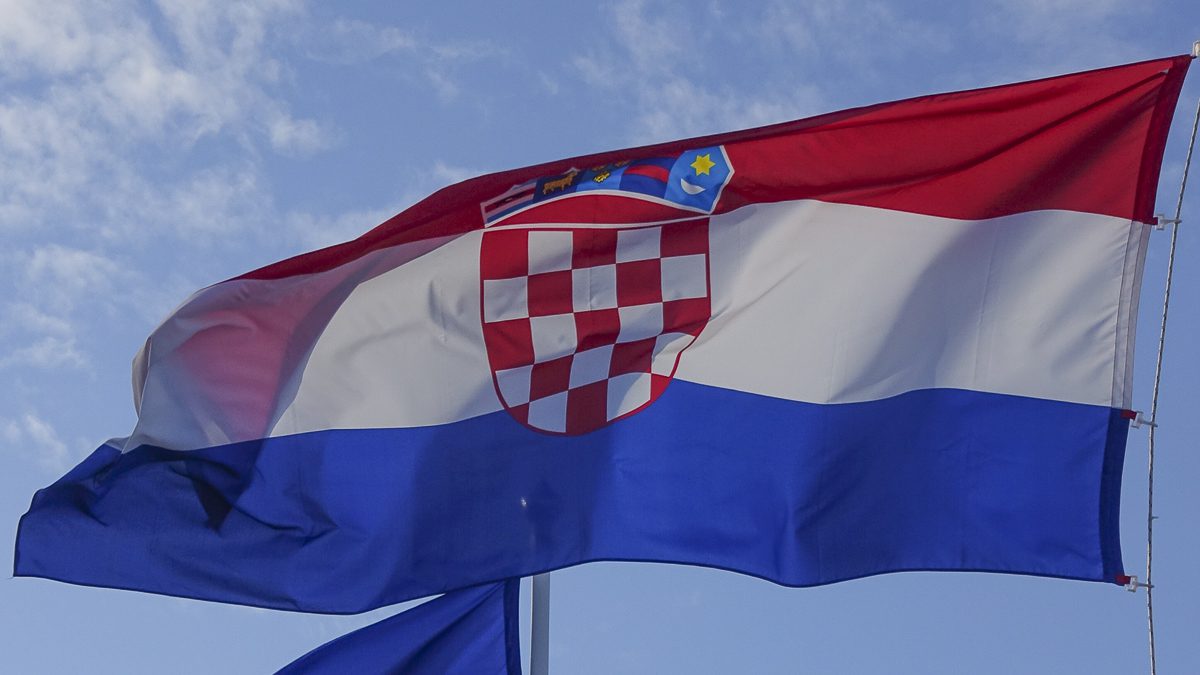Forex
Will Croatia join schengen? Croatia became a member of the Schengen Agreement on visas and introduced the euro on January 1

Will Croatia join Schengen? On January 1, 2023, Croatia became the 20th member state of the European Union to join the Eurozone and the 27th member state of the Schengen Area.
By joining the European Union in 2013, Croatia pledged to meet the euro and Schengen criteria, which were implemented after several years of preparation, Anadolu Agency reported. Previously, the question of whether Croatia was part of the Schengen agreement was incredibly hot. But on the first of January, minutes after midnight, the manager of the Croatian National Bank (CNB) Boris Vujcic and Finance Minister Marko Primorac withdrew the first euros from an ATM near the bank to symbolically mark the country’s entry into the euro zone.EURODOLLAR futures also rose in the background.
On the morning of January 1 European Commission President Ursula von der Leyen and Croatian Prime Minister Andrej Plenkovic will go to the Bregana border crossing, where they will be met by Slovenian President Natasa Pirz Musar. Von der Leyen and Plenkovic will then have coffee in Ban Jelačić square and pay for it in euros to symbolically mark Croatia’s accession to the Schengen and eurozone.
Joining the eurozone and Schengen are two key foreign policy goals Croatia has had since joining NATO and the EU, while Croatia’s membership in the Organization for Economic Cooperation and Development (OECD) is often singled out as an unfulfilled goal. Croatia is already a heavily linked economy to the single European currency, with more than half of domestic savings and credit in euros and more than two-thirds of economic exchange and a similar number of tourists coming from the eurozone.
Replacing the kuna with the euro is a process that technically began with the introduction of dual pricing, which has become mandatory in almost all retail outlets, and which many retailers introduced even before the September 5 deadline. However, until January 14, Croatian citizens will still be able to pay in kunas, and refunds will be made in euros, only in exceptional cases in kunas.
Retail chains are expected to be among the main places to convert the remaining kuna into euros, and small retailers are making strenuous preparations for the exchange of kuna. A fixed conversion rate of 7.53450 kuna per euro has been set, according to which all savings in the accounts of citizens and business entities will be automatically converted into euros at all banks from January 1 at a fixed exchange rate.
Earlier we reported that the dollar exchange rate is currently trading in different directions against the euro and the yen.

 Forex3 years ago
Forex3 years agoForex Today: the dollar is gaining strength amid gloomy sentiment at the start of the Fed’s week

 Forex3 years ago
Forex3 years agoUnbiased review of Pocket Option broker

 Forex3 years ago
Forex3 years agoDollar to pound sterling exchange rate today: Pound plummeted to its lowest since 1985

 Forex3 years ago
Forex3 years agoHow is the Australian dollar doing today?

 Cryptocurrency3 years ago
Cryptocurrency3 years agoWhat happened in the crypto market – current events today

 World3 years ago
World3 years agoWhy are modern video games an art form?

 Commodities3 years ago
Commodities3 years agoCopper continues to fall in price on expectations of lower demand in China

 Economy3 years ago
Economy3 years agoCrude oil tankers double in price due to EU anti-Russian sanctions





















